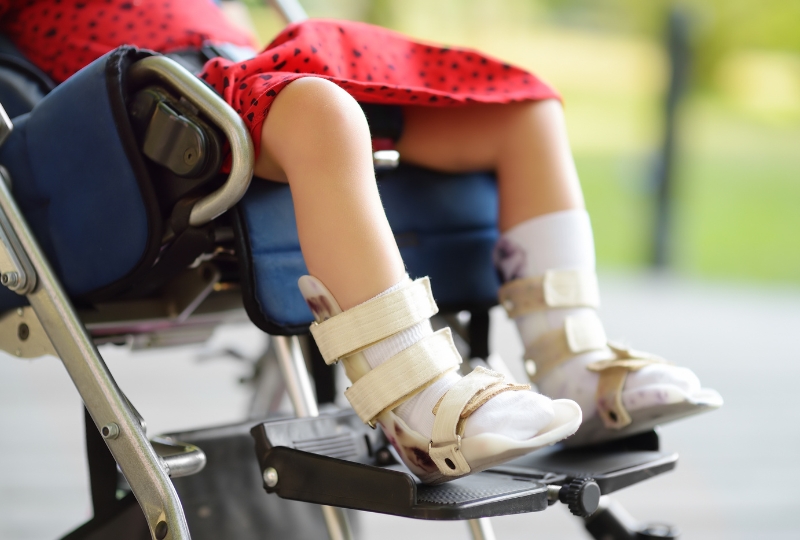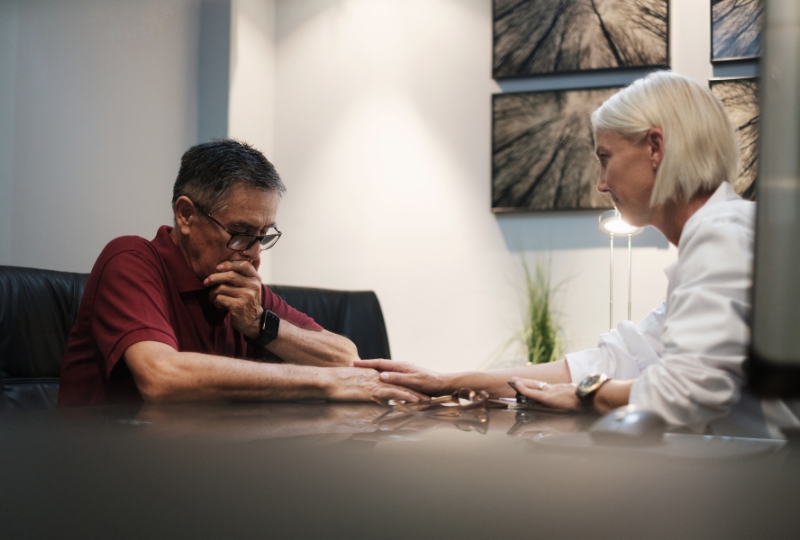What is vicarious liability?
- Employer and employee
- Principal and agent
- Partner and partnership
- Parent and child (in some circumstances).
When does vicarious liability apply?
- The person who caused the harm was employed by or acting as an agent for another party
- The harmful act occurred during the course of their employment or agency
- The act was somehow connected to the employee’s authorised duties.
Examples of vicarious liability
| Employer-employee relationship | A delivery driver for a local pizza chain causes a car accident while making a delivery, injuring another motorist in a motor vehicle accident. The pizza company could be held vicariously liable for the driver’s negligence because the accident occurred while the driver was performing job-related duties. The company could be liable because:
|
| Church-clergy relationship | In a recent high-profile case in Sydney, a church (the Roman Catholic Church for the Diocese of Saint Maron) was held vicariously liable for the actions of a priest who sexually abused a child (an institutional abuse claim). The court found that the church was responsible because:
|
| Hospital-doctor relationship | A surgeon makes a critical error during an operation, causing severe complications for the patient. The hospital could be held vicariously liable for the surgeon’s mistake as part of a medical negligence claim. The hospital may be liable because:
|
| School-teacher relationship | A teacher fails to properly supervise students during a field trip, resulting in a student getting injured. The school could be held vicariously liable for the teacher’s professional negligence. The school may be liable because:
|
| Security company-guard relationship | A security guard at a shopping mall uses excessive force while apprehending a suspected shoplifter, causing injury. The security company could be held vicariously liable for the guard’s actions, failing their duty of care. The security guard may be liable because:
|
Why is vicarious liability important for your injury claim?
1. Increased compensation
By holding a company or organisation liable, you might have access to greater financial resources for compensation. In the aforementioned 2024 case against the Roman Catholic Church for the Diocese of Saint Maron, the plaintiff was awarded the sum of $1,480,251.65 jointly and separately from the first and second defendants.
2. Broader responsibility
3. Improved safety measures
4. Justice and accountability
Contact us for confidential, free advice.
Challenges you might face in a vicarious liability claim
1. Proving the relationship
2. Scope of employment
3. Independent contractor issues
4. Corporate structure complications
5. Statutory limitations
Variations by state in vicarious liability claims
New South Wales
- NSW courts have been relatively broad in their interpretation of vicarious liability, particularly in cases involving intentional wrongdoing by employees. They follow common law principles.
- The ‘close connection’ test is often applied, looking at whether the employee’s wrongful act was closely connected to their authorised duties.
Queensland
- Queensland follows similar principles to other states but has some specific statutory provisions relating to vicarious liability in its Civil Liability Act 2003.
- These provisions can affect how vicarious liability is applied in certain situations, such as against institutions for child abuse.
Australian Capital Territory
- The ACT follows common law principles of vicarious liability.
- Like other states, they consider the connection between the employee’s duties and the wrongful act.
Recent developments in vicarious liability law
The concept of vicarious liability has been evolving, with recent court decisions providing more clarity on its application. One significant case is the High Court of Australia’s decision in CCIG Investments Pty Ltd v Shokman [2023] HCA 21.
The Schokman case
- The case involved an employee who was urinated on by his inebriated roommate (also an employee) in employer-provided accommodation.
- The High Court unanimously ruled that the employer was not vicariously liable for the roommate’s actions.
- The Court emphasises that while the incident occurred during employment, it was not sufficiently related to the employment to establish vicarious liability.
Types of vicarious liability
- Vicarious acts: This involved acts authorised by the employer. It’s more accurately described as direct liability rather than vicarious liability.
- True vicarious liability: Liability attributed to the employer for unauthorised wrongful acts committed by an employee, provided they’re connected to the employee’s duties.
- Duty of Care: This occurs when an employer fails to properly delegate a duty of care to an employee or contractor.
Find out how much you can claim today.
How vicarious liability might affect your claim
- Your claim may have multiple defendants
- With a company potentially liable, there may be more resources available for increased compensation
- Dealing with a company’s legal team and insurers can make negotiations more complicated
- There may be a longer legal process given the complexities of the claim
- Your case might have a broader impact and lead to policy changes within the organisation, preventing similar incidents in the future.
How GMP Law can help
If you’ve been harmed due to someone’s actions while they were working or acting as an agent for another party, don’t face this challenging time alone. Contact us today for a free, no-obligation consultation.
 Written by: Garbis Kolokossian
Written by: Garbis Kolokossian 





